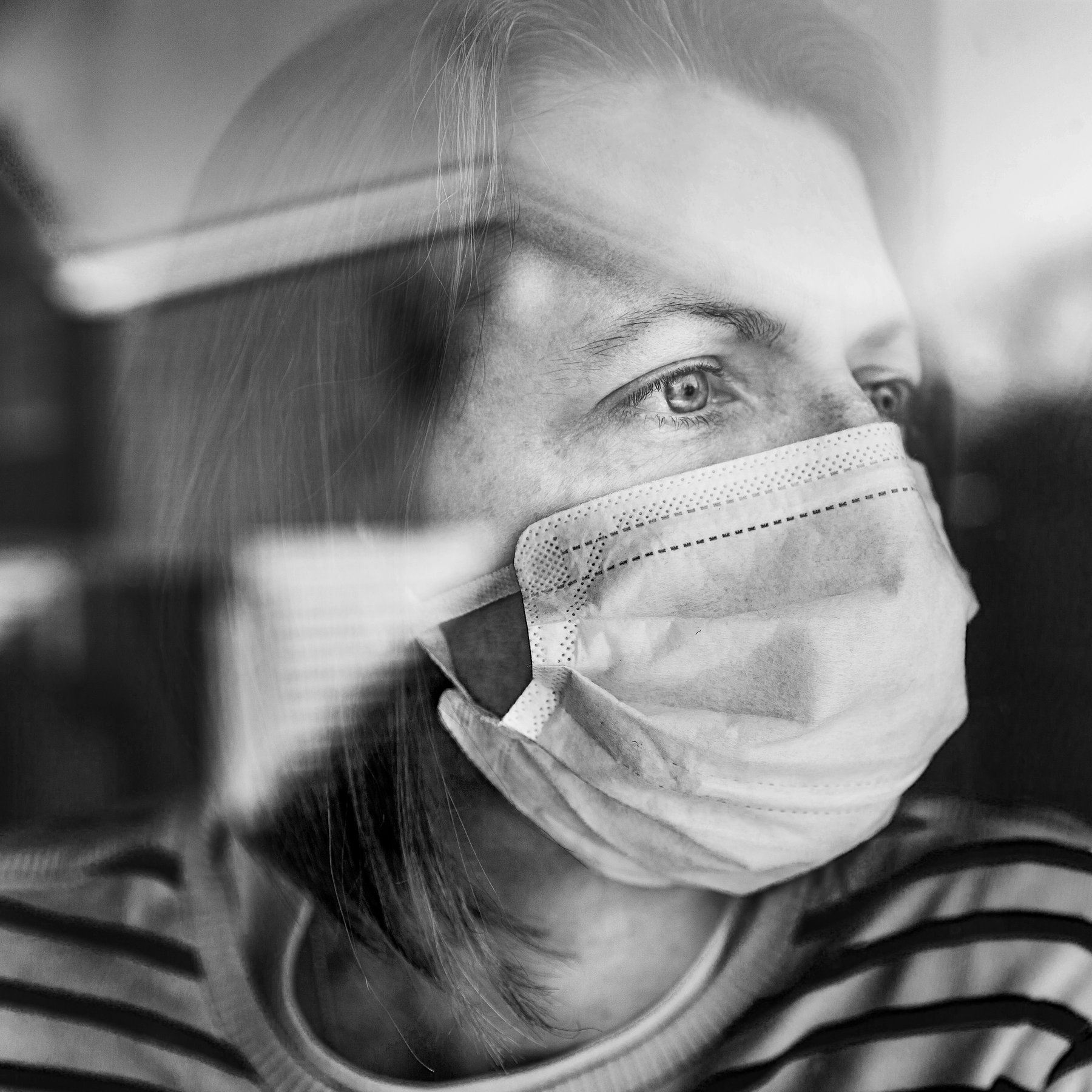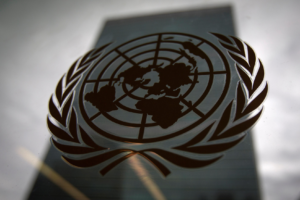
Holocaust survivors account for about half of Jews over the age of 75 living in Israel. They belong to the age group most at risk for health complications from the coronavirus. The coronavirus has taken charge the lives of the elderly, including Holocaust survivors. The first victim of the virus in Israel, Aryeh Even, was a Holocaust survivor.
Holocaust survivors have exhibited a wide range of emotional reactions to and ways of dealing with COVID-19, says Prof. Amit Shrira, of the MA Program in Gerontology and the Interdisciplinary Department of Social Sciences at Bar-Ilan University. Some are dealing well with the current crisis, anxiety from the virus and distancing from family members, while some experience considerable difficulties. The way survivors deal with the current crisis is largely derived from how they deal with their traumatic memories of the Holocaust. Survivors who have been able to process the war memories demonstrate resilience in the face of the daily challenges of the corona crisis. By contrast, those who still suffer from painful memories and nightmares are facing considerable difficulties.
“We must remember that Holocaust survivors struggle throughout their lives in trying to bridge between trauma and everyday life. The vast majority of Holocaust survivors exhibit good, and even excellent, emotional and social functioning, and most of them have established families and developed careers. Moreover, the survivors who are alive today have reached a remarkable age. Survivors’ achievements are a source of personal strength, and it is quite likely that their survival skills in difficult traumatic conditions may help them cope with the new reality forced upon them by the corona pandemic. For example, one can hear Holocaust survivors who put the dangers of coronavirus, isolation and difficulties involved into other proportions. They draw on the power of surviving hell on earth, believe in their ability to cope this time as well, manage to establish a meaningful daily routine, focus on moments of comfort and enjoyment such as conversing with children and grandchildren, and cling to optimism about the future,” says Shrira.
Alongside impressive resilience, in the inner world of quite a few Holocaust survivors operates a sensitive system of perceptions and emotions affected by their traumatic past. Research conducted by Shrira and colleagues shows that about a quarter of Holocaust survivors in the community suffer from post-traumatic stress disorder. This disorder is characterized by nightmares about the Holocaust, painful memories that invade the sub-conscience, great difficulty encountering Holocaust-related content, difficulty concentrating, restlessness, vigilance and increased panic reactions. This psychopathology also includes symptoms of depression, such as despondency and sadness, difficulty enjoying, low self-esteem and sometimes suicidal thoughts. These survivors perceive the world as a dangerous place and find it difficult to trust others. As a result, when exposed to stress, distress with particularly severe characteristics can emerge. They experience particularly powerful anxiety in situations that evoke connections to traumatic experiences that occurred during the Holocaust.
The coronavirus epidemic can lead to many situations that may provoke harsh war experiences among the survivors. For example, the fear of getting sick, losing control and independence, and of course, the fear of death are linked in the memory of many survivors to similar fears experienced during the war. At that time illness and weakness had one meaning — a death sentence. Moreover, staying in solitary confinement while being separated by force from family, children and grandchildren “echoes” similar experiences from childhood, especially among survivors in hiding and those who experienced sudden and painful separation from parents and other relatives. Contact with the outside world and daily work helped to muffle and relieve difficult past memories, but now while they are closed in their homes, these memories and images return to their consciousness.
What can be done to provide relief to Holocaust survivors during this challenging period? “First and foremost, help and assistance must be provided and maintained with all means at our disposal while adhering to the Ministry of Health guidelines. Conversations with family and even volunteers and strangers will allay survivors’ loneliness and allow them to share their experiences. Their voices must be heard so that survivors are not left with a deeper sense of loneliness and an experience that no one is willing to listen to their pain. Only after allowing them to express their feelings should they be encouraged. These conversations allow survivors to share their experience and wisdom of life and thus to feel valuable,” says Shrira. Survivors who need support in coping with feelings of boredom and emptiness can be assisted by jointly thinking about goals that will refresh this new routine. Many recreational activities can stimulate interest and sense of meaning while also blurring and disseminating difficult memories and images from the past. These include reading, listening to music, solving puzzles, cooking and baking, writing and creating, general learning, digital skill development, and of course, physical exercise (even the most minimal one can do).




